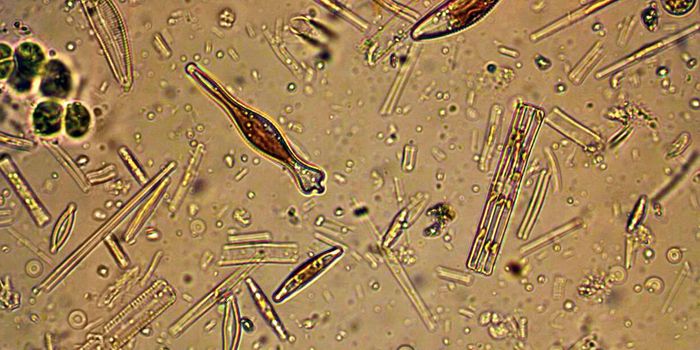Sea Turtle Re-released Into Wild After Having a 4-Foot Fishing Line Removed From Intestines
A 55-pound Kemp’s ridley sea turtle dubbed ‘Peach’ was officially re-released back into the wild on Monday. She underwent a surgical procedure intended to remove a 4-foot tangled strand of fishing line that became lodged inside her body.
Image Credit: South Carolina Aquarium
Members of the Department of Natural Resources discovered Peach about four months ago during a wildlife sampling initiative. Upon handling her, they noticed the fishing line coming out of her mouth, and it was wrapped around several of her external body parts too.
The crew quickly transferred Peach to the South Carolina Aquarium so that animal experts could investigate her health conditions more thoroughly and determine the next course of action.
Related: Injured sea turtle gets a little help from the 3D-printing industry
It wasn’t long before the big-hearted team opted to move forward with X-ray imagery to learn more about Peach’s situation. While there was no discernable hook connected to the fishing line, which was great news, the line itself wasn’t visible in the X-ray images.
Veterinarians then proceeded with an endoscope examination and found that the line went beyond the stomach. An ensuing CAT scan confirmed that the fishing line had become entangled deep within Peach’s intestines.
With a clearer idea of what they were dealing with, surgeon Shane Boyland made an incision in Peach’s groin area and then felt around inside of her intestines to track down the fishing line. It wasn’t long before he found it knotted up in there. With a little careful finagling, Boyland safely removed the fishing line, and the surgery came to a close.
Peach stayed with the aquarium for a few months after the surgery so she should recuperate and regain her health. A log posted by the South Carolina Aquarium for the public to track Peach’s progress indicated that her dietary preference improved immediately after the surgery and that she was doing well.
Related: Turtle has almost 1,000 coins surgically-removed from its stomach
Peach was released back into the wild on October 9th, at Folly Beach in South Carolina. Before letting her go, she was tagged with a GPS locator that will allow animal experts to track her movements. This data will both ensure her well-being and help researchers learn more about Kemp's ridley sea turtle behavior.
As it would seem, Peach was lucky to have been discovered. Had she not have been found when she was, the fishing line could have caused significant internal tissue damage, and Peach likely would have died.
The quest to save Peach’s life underscores the problem with ocean litter, and why it’s so imperative that beach-goers pick up after themselves. Even if it's not yours, cleaning up any plastic you see is a small and selfless action could potentially save a wild animal’s life.
Source: South Carolina Aquarium via The Post and Courier










